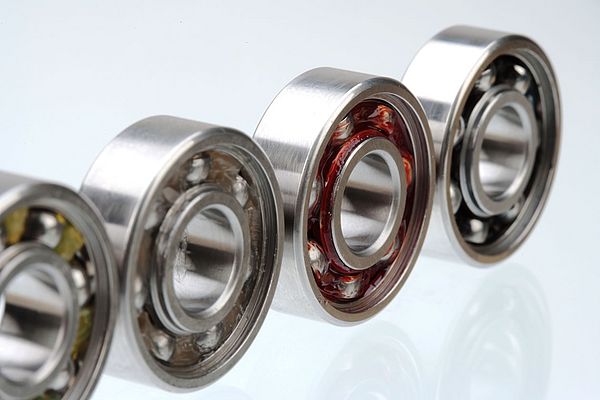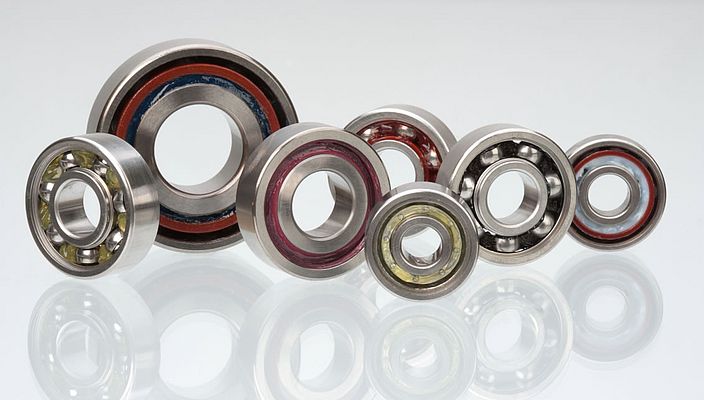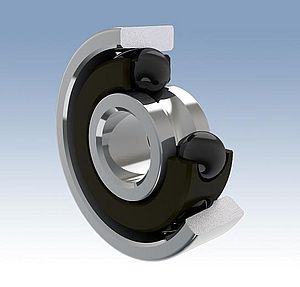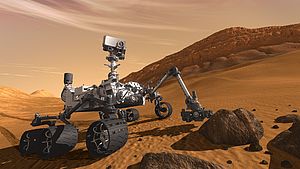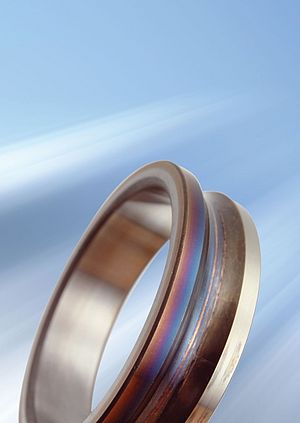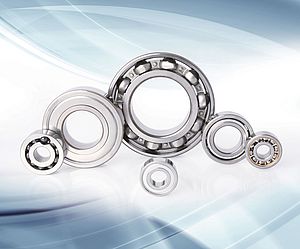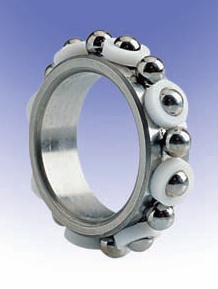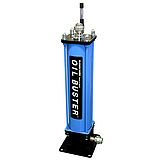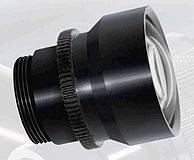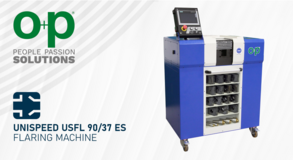The performance of modern plant and machinery depends to a large extent upon the reliability of rolling bearings. One of the major contributing factors to achieving high reliability is proper lubrication.
Bearings operate on very thin films of lubricant, which have to be maintained in order to ensure that the bearing’s design life is achieved. The three primary principles of maximising bearing life are: selecting the correct lubricant, b) applying the lubricant properly, and c) maintaining the lubricant in a clean condition. Neglect or failure in any of these three areas will seriously increase the risk of premature bearing failures and will interfere with the trouble-free running that is now of such crucial importance in modern plant and machinery and in an increasingly competitive, global market.
The increased speeds and higher temperatures at which modern bearings routinely operate, combined with the demands placed upon them for improved accuracy and reliability, mean that the process of selecting a suitable bearing lubricant today, is more critical than ever.
Correct selection of a lubricant will result in the following benefits:
• Reduces friction and wear by providing an elasto hydrodynamic film of sufficient strength and thickness to support the load and separate the balls from the raceways, preventing metal-to-metal contact.
• Minimises cage wear by reducing sliding friction in cage pockets and land surfaces.
• Prevents oxidation/corrosion of the bearing rolling elements.
• Acts as a barrier to contaminants.
• Serves as a heat transfer agent. In some cases, conducting heat away from the bearing.
Bearing lubricants fall into three main categories: Oils, Greases and Solid Dry Film Lubricants, which are usually limited to moderate speed and very light loading conditions. Greases, because of their convenience, are by far the most widely used of the three, and have been the focus of much development over the last decade.
Lubricant selection
The selection of a particular type of bearing lubricant is generally governed by the operating conditions and limitations of a bearing system. Three of the most significant factors in selecting a lubricant are:
The viscosity of the lubricant at operating temperature.
The maximum and minimum allowable operating temperatures.
The speed at which the bearing will operate.
Grease considerations
The primary advantage of grease over oil is that bearings can be pre-lubricated, eliminating the need for – and the cost of – an external lubrication system. Besides simplicity, grease lubrication also requires less maintenance and has less stringent sealing requirements than oil systems. Grease tends to remain in proximity to bearing components, metering its oil content to operating surfaces as required.
The drawbacks of using grease are that it does not conduct heat away from a bearing as efficiently as oil. Also, grease can increase the initial torque within a bearing and cause running torque to be slightly higher. The speed limits for greases (expressed as a ndm value, with ndm being the rpm multiplied by the bearing PCD in mm) are generally lower than for oils due to the plastic nature of grease that tends to cause overheating at high speeds.
In certain applications where, for example, the bearings are subjected to harsh operating conditions such as in a vacuum environment, the design of the bearing and the selection of a suitable grease become very challenging. Here, it is critical that the bearing supplier has the knowledge and experience to suggest a grease that ensures maximum reliability of the bearings over long operating periods without re-lubrication. Current “greased-for-life” bearing technology can consistently give 30,000+ hours of life at 700,000ndm.
Oil considerations
While grease lubrication is inherently simpler than lubrication with oil, there are still applications where oil is the better choice. In high-speed spindle and turbine applications, for example, oil is supplied continuously and provides cooling as well as lubrication. A further example is instrument bearings with extremely low values of starting and running torque. These require only a minimal, one-time lubrication, each bearing receiving just a few milligrams of oil – a single drop or less.
The limiting speeds for oil-lubricated bearings are governed by the size of the bearing and the design of the cage, rather than by the lubricant itself. To illustrate this, petroleum or diester-based oils can accommodate bearing speeds of up to 1,500,000ndm or higher. In the case of silicone-based oils, the maximum speed rating drops to 350,000ndm. Similarly, when calculating life for bearings lubricated with silicone-based oils, the Basic Load Rating (C) should be reduced by two-thirds (C/3). In addition, to ensure long life at high speeds, the lubrication system should provide for retention, circulation, filtration and possibly cooling of the oil.
In extremely harsh operating environments such as dry pump bearings, often oil selection is pre-defined to a certain extent by the end user. In dry pumps, the challenge for the bearing supplier is to optimise the design of the bearings in order to make the best use of relatively poor lubrication.
Solid soft film lubricants
Solid soft films are primarily used to provide solid lubrication for bearings in extreme applications where traditional fluid lubricants would be rendered ineffective. They offer the advantages that their friction is independent of temperature (from cryogenic to extreme high temperature applications), and they do not evaporate or creep in terrestrial vacuum or space environments.
The solid soft film lubricant can either be applied directly to the surface or transferred by rubbing contact from a sacrificial source such as a self-lubricating bearing cage. Examples of these two processes include the application of Teer Coatings’ physical vapour-deposited MoST and Barden’s PTFE-based ‘TB’ polymeric cage material. The processes are complementary and have been used successfully in a variety of extreme aerospace applications.
Author: Nick Dowding, Applications Engineering Manager at The Barden Corporation
Bearing lubrication is essential
for reliable operation
- by The Barden Corporation (UK) Ltd.
- November 2, 2011
- 179 views


